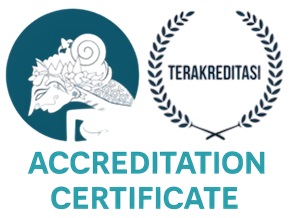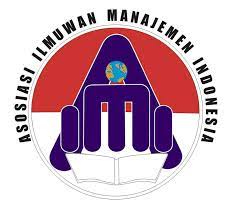Analysis of the Potential of Restaurant Taxes in Increasing Medan City's Original Revenue
Abstract
The purpose of this study was to analyze the potential for a restaurant tax and explain the limitations and efforts of the state government in exploring the potential cost of restaurants in Medan City. This review uses several factors to calculate, potency, effectiveness/feasibility, and restaurant tax contributions. These factors are the number of restaurants, the average diner, the cost of normal food, the number of days in a year, the number of regional admissions, and the level of restaurant costs set by the government. Using quantitative strategies. That is, data in the form of numbers, and the numbers can be processed or analyzed using mathematical or statistical calculation methods. In addition, the results show that restaurant costs are possible and unbalanced with the value of income or realization of restaurant tax costs. This comparative measurement is reflected in the effectiveness of restaurant taxes that do not exceed 100 percent annually. This study proves that the potential for a restaurant tax in the city of Medan in 2020 is less effective, not in accordance with the targets set.
Downloads
Copyright (c) 2022 Serli Andrianti, Muhammad Arif

This work is licensed under a Creative Commons Attribution-ShareAlike 4.0 International License.










